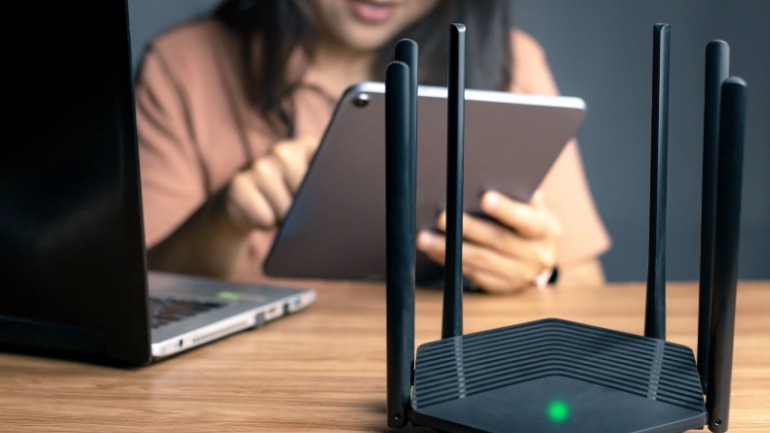Sparkle, the subsea cable subsidiary of TIM, has announced the successful completion of its first international VPN test secured with quantum encryption. This milestone was achieved in collaboration with Arqit Quantum, a leader in quantum-safe encryption, and Telsy, TIM’s cybersecurity-focused company. The proof of concept (PoC) involved establishing a secure Internet Protocol (IPsec) tunnel between Italy and Germany using Arqit’s Symmetric Key Agreement (SKA) Platform.
The project’s aim was to demonstrate the integration of Arqit’s quantum technology into Sparkle’s network, enhancing encryption methods for cross-border data transmission. According to Sparkle, this development represents a significant advancement in network security, creating a software-based quantum-safe Virtual Private Network (VPN) that can be easily scaled across existing telecom networks. This innovation is crucial for protecting sensitive data against potential quantum decryption threats in the future.
Daniele Mancuso, Sparkle’s Chief Marketing and Product Management Officer, highlighted the importance of this achievement, stating that it anticipates future quantum threats and reinforces Sparkle’s commitment to secure and resilient network services. Mancuso emphasized that this successful PoC is a precursor to a large-scale commercial launch, positioning Sparkle at the forefront of secure connectivity services.
David Williams, Arqit’s Founder, Chairman, and CEO, underscored the significance of the achievement, noting that the establishment of the first quantum-safe VPN between Catania and Frankfurt marks a critical milestone in telecommunications cybersecurity. Williams added that by utilizing Arqit’s SKA Platform, Sparkle is leading the way in ensuring the resilience of critical networks against future quantum threats.
This breakthrough follows other notable advancements in the field. Late last year, Nokia and the Greek research consortium HellasQCI demonstrated a quantum-safe connectivity infrastructure using hybrid key generation. Additionally, SK Telecom and Thales recently tested quantum-resistant cryptography on a 5G standalone network, focusing on protecting user privacy against quantum threats.
These initiatives reflect a growing industry effort to enhance cybersecurity measures in anticipation of the challenges posed by quantum computing advancements.







